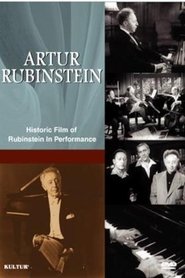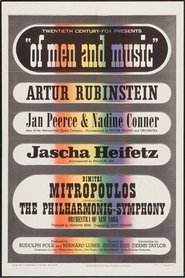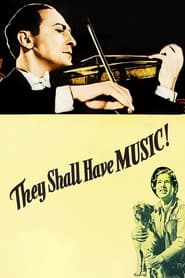detail profile jascha heifetz

Riwayat Hidup
From Wikipedia
Jascha Heifetz (/ˈhaɪfɪts/; February 2 [O.
S.
January 20]
1901 – December 10, 1987) was a Lithuanian-born American violinist.
He was born
in Vilnius.
As a teen, he moved with his family to the United States, where his
Carnegie Hall debut was rapturously received.
He had a long and successful
performing and recording career; after an injury to his right (bowing) arm, he focused
on teaching.
The New York Times called him "perhaps the greatest violinist
of all time.
"
Heifetz played a featured role in the movie They Shall Have
Music (1939) directed by Archie Mayo and written by John Howard Lawson and
Irmgard von Cube.
He played himself, stepping in to save a music school for
poor children from foreclosure.
He later appeared in the 1947 film, Carnegie
Hall, performing an abridged version of the first movement of Tchaikovsky's
Violin Concerto, with the orchestra led by Fritz Reiner, and consoling the star
of the picture, who had watched his performance.
Heifetz later recorded the
complete Tchaikovsky concerto with Reiner and the Chicago Symphony Orchestra as
one of RCA Victor's "Living Stereo" discs.
In 1951, he appeared in
the film Of Men and Music.
In 1962, he appeared in a televised series of his
master classes, and, in 1971, Heifetz on Television aired, an hour-long color
special that featured the violinist performing a series of short works, the
Scottish Fantasy by Max Bruch, and the Chaconne from the Partita No.
2 by J.
S.
Bach.
Heifetz even conducted the orchestra, as the surviving video recording
documents.
The most recent film featuring Heifetz, Jascha Heifetz:
God's Fiddler, premiered on April 16, 2011 at the Colburn School of Music.
It
is described as "The only film biography of the world's most renowned
violinist, featuring family home movies in Los Angeles and all over the world.
The documentary-like film talks about Heifetz's life and accomplishments and gives
an inside view of his personal life.
Heifetz died at Cedars-Sinai Medical Center in Los Angeles,
California in December 1987.
Info Pribadi
Peran Yang Di Mainkan Jascha Heifetz
 Documentary about sixteen great conductors of...
Documentary about sixteen great conductors of...The Art of Conducting: Great Conductors of the Past 1993
Documentary about sixteen great conductors of the 20th century.
 This historic film captures the legendary...
This historic film captures the legendary...Rubinstein: In Performance 1977
This historic film captures the legendary pianist Artur Rubinstein in rare performance film footage. The first portion of the program features Rubinstein playing solo works. The next segment of the program takes us into his home, with the master playing a program of Chopin. The concluding portion of the film is the result of LIFE Magazine's famous photographic story on the great soloists Rubinstein, Jasha Heifetz and Gregor Piatigorsky in rehearsal together. It is an intimate study of genius at work.
 A documentary featuring musicians including Artur...
A documentary featuring musicians including Artur...Of Men and Music 1951
A documentary featuring musicians including Artur Rubinstein, Jan Peerce-Nadine Conner, and Jascha Heifetz.
 A young Irishwoman comes to the...
A young Irishwoman comes to the...Carnegie Hall 1947
A young Irishwoman comes to the United States to live and work with her mother as a cleaning lady at Carnegie Hall. She becomes attached to the place as the people she meets there gradually shape her life. The film also includes a variety of performances from some of the foremost musical artists of the times: conductors Bruno Walter & Leopold Stokowski, solists Arthur Rubinstein & Jascha Haifetz, singers Lily Pons & Jan Peerce and bandleader Vaughn Monroe among many others.
 The future is bleak for a...
The future is bleak for a...